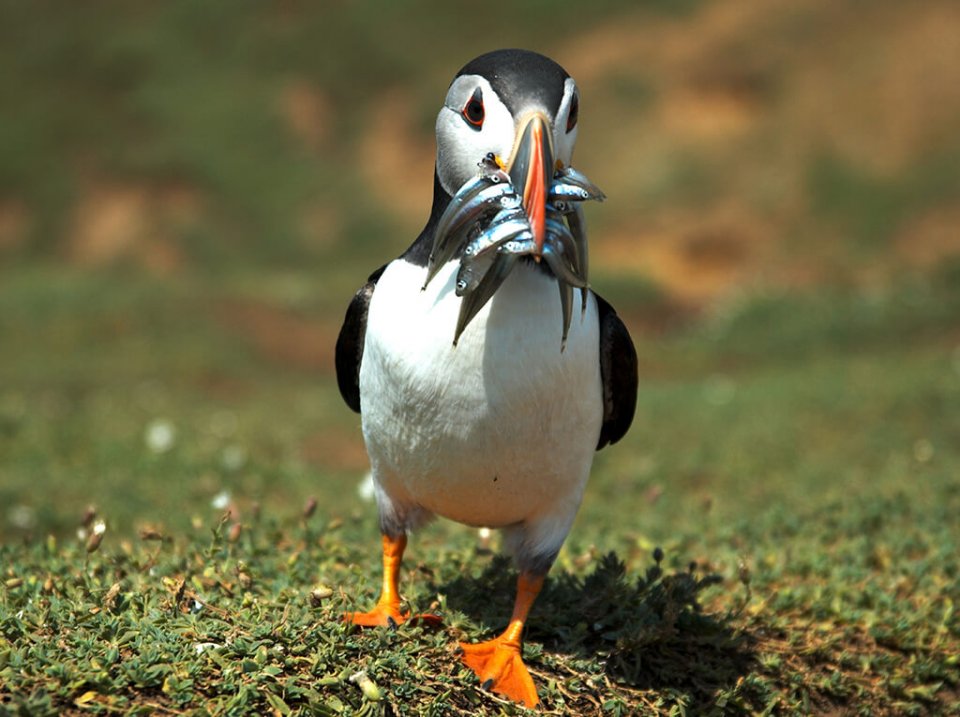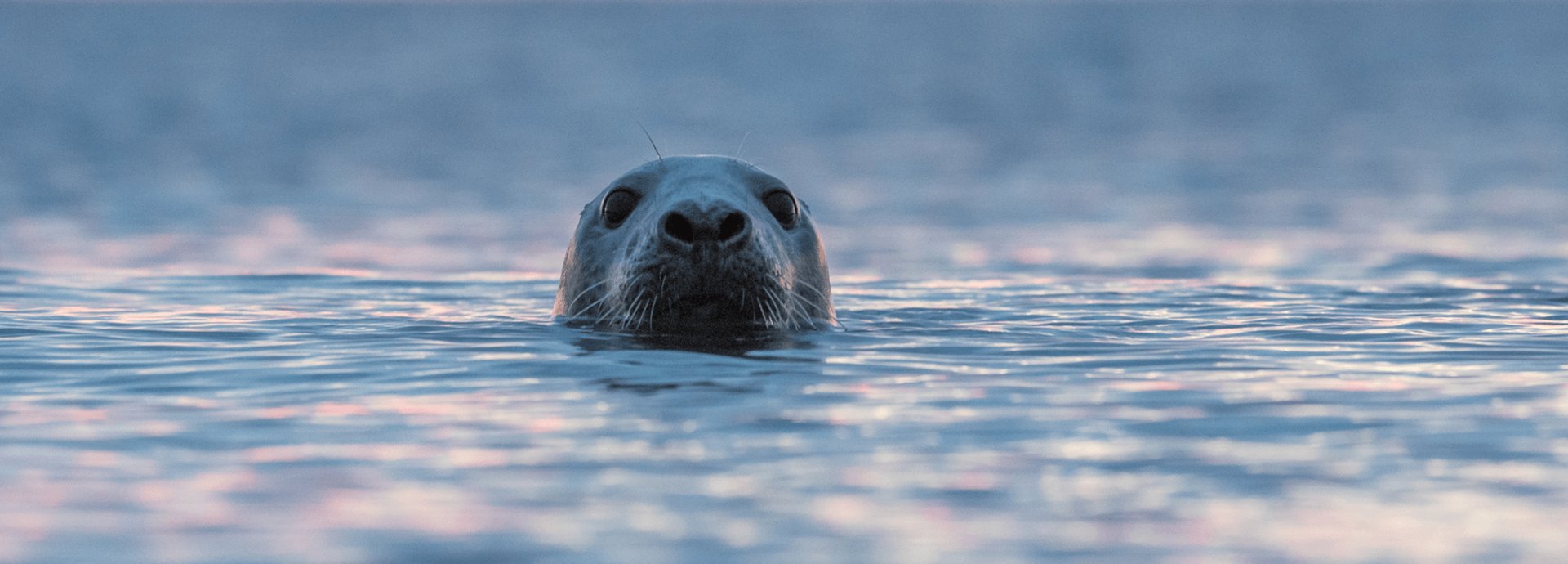Report your sightings
Reporting the marine wildlife that you see can make a big contribution to managing the SAC. Pen Llŷn a’r Sarnau SAC covers a large area and, as with the marine environment in general, there are still many things we do not know about the marine life that lives here. If you are out and about on the coast, on the sea or under the sea, you can help improve our understanding about the wildlife of this area by letting us know what you discover.
Please email any interesting pictures or reports to: info@penllynarsarnau.co.uk
Other projects and initiatives which you can get involved with are:
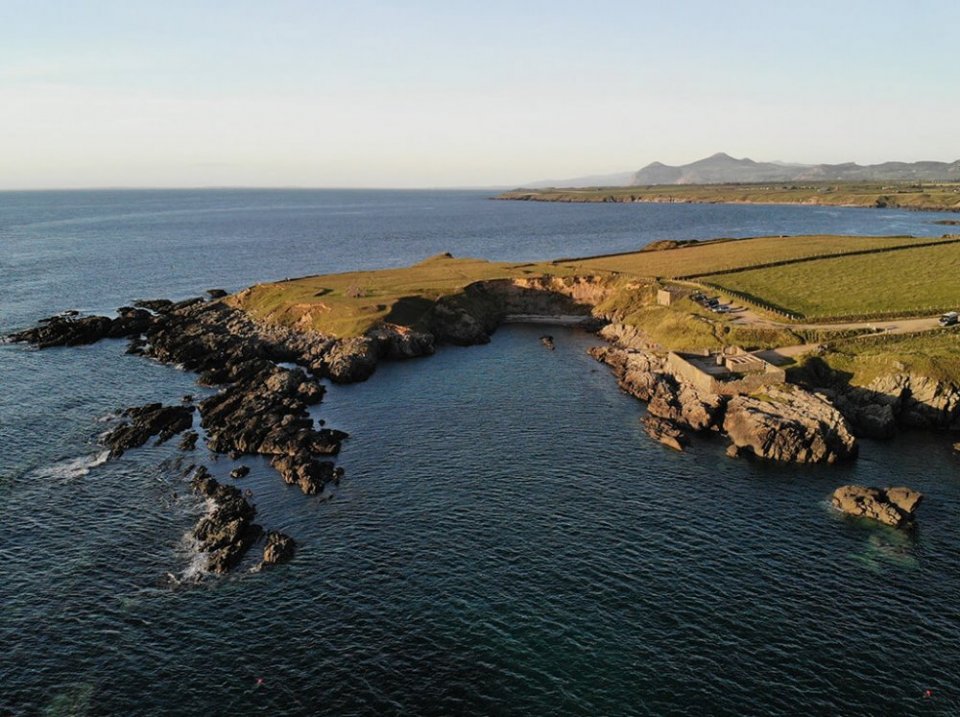
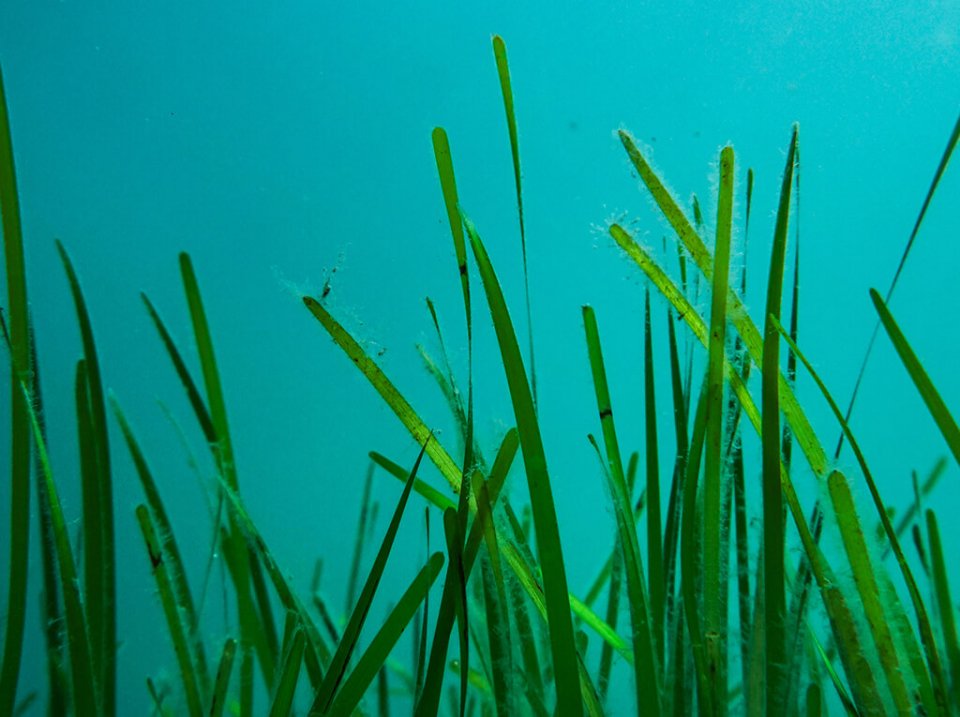
Project Seagrass
Help Project Seagrass better understand seagrass distribution and health by sharing your seagrass sightings to the Seagrass Spotter map: www.seagrassspotter.org/map Find out more about Project Seagrass at: www.projectseagrass.org.
Angel Shark Project: Wales
This project aims to better understand and safeguard the Critically Endangered Angelshark (Squatina squatina) through fisher engagement, heritage and citizen science. Find out more about the project and how you can get involved at: www.angelsharknetwork.com/wales/.
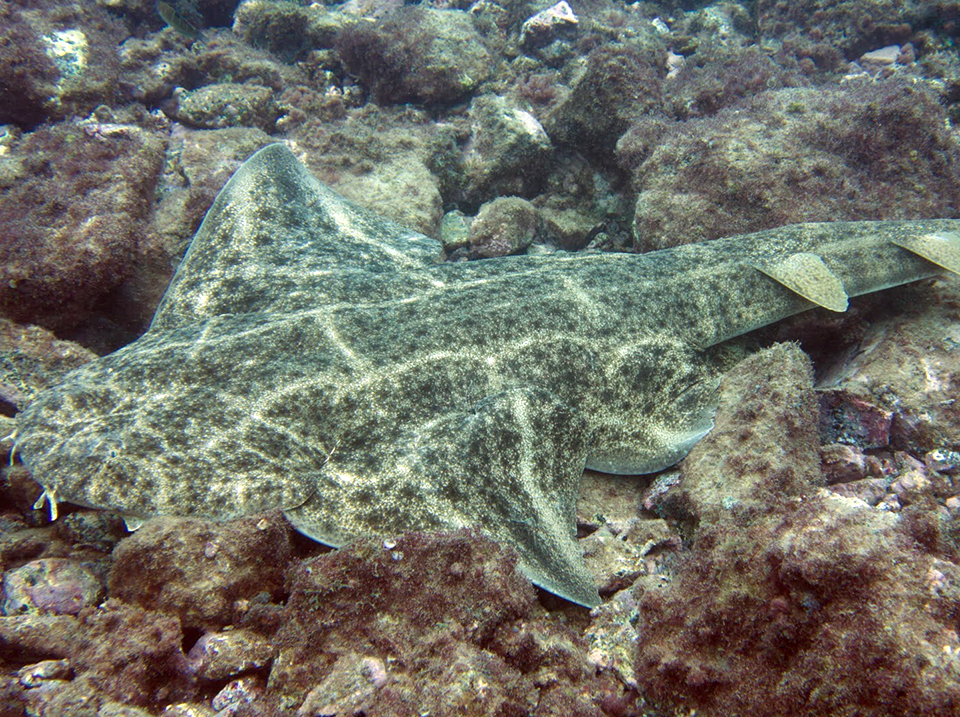
Invasive Non-native species (INNS)
INNS are animals or plants which have been introduced from parts of the world where they are naturally not found. They have the ability to damage the environment, economy, health and the way we live. To help understand and reduce the impact of INNS species, you can report sightings to the GB Non-native species secretariat: www.nonnativespecies.org The spread of INNS can be reduced by following biosecurity campaigns such as check clean dry (www.nonnativespecies.org/checkcleandry/).
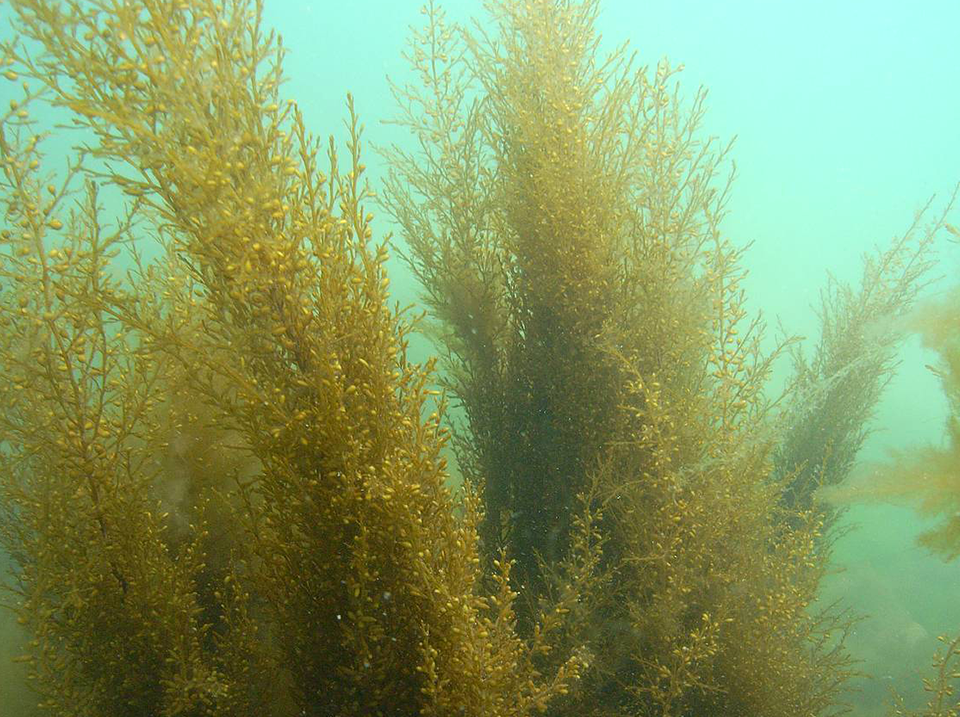
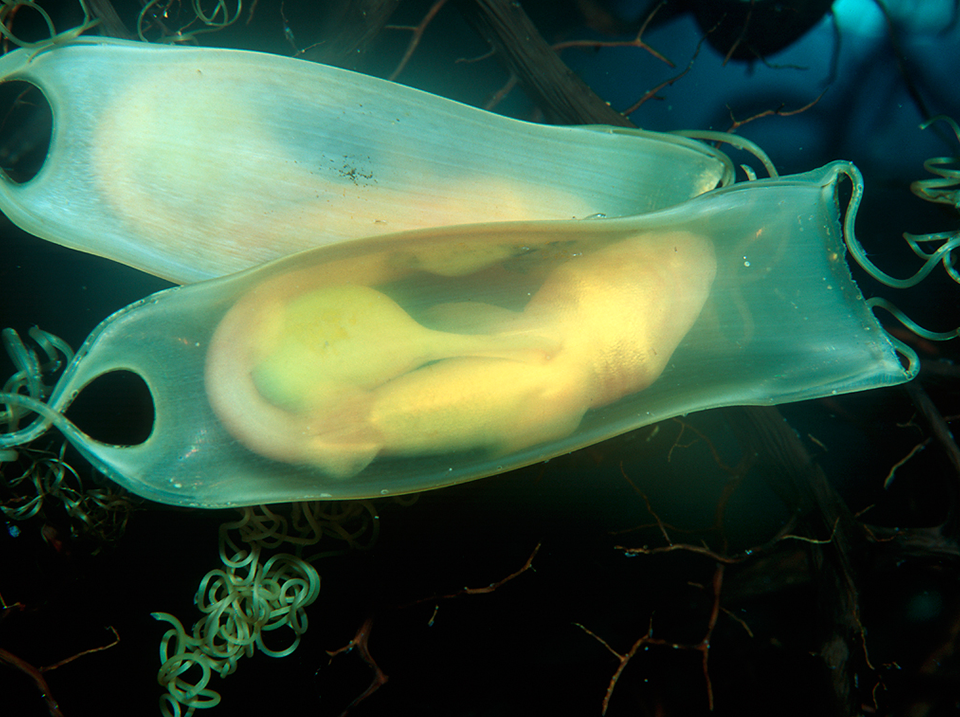
The Great Eggcase Hunt
Many elasmobranch (shark, skates & rays) species lay eggcases known as mermaids purses. When empty they often wash up on the shore, especially along the strandline. By identifying and reporting these eggcases you can help the Shark Trust to better understand shark diversity, distribution and presence by recording eggcases. Eggcases underwater observed by snorkelers and divers can also be recorded. Recorded your sightings at: www.sharktrust.org/great-eggcase-hunt.
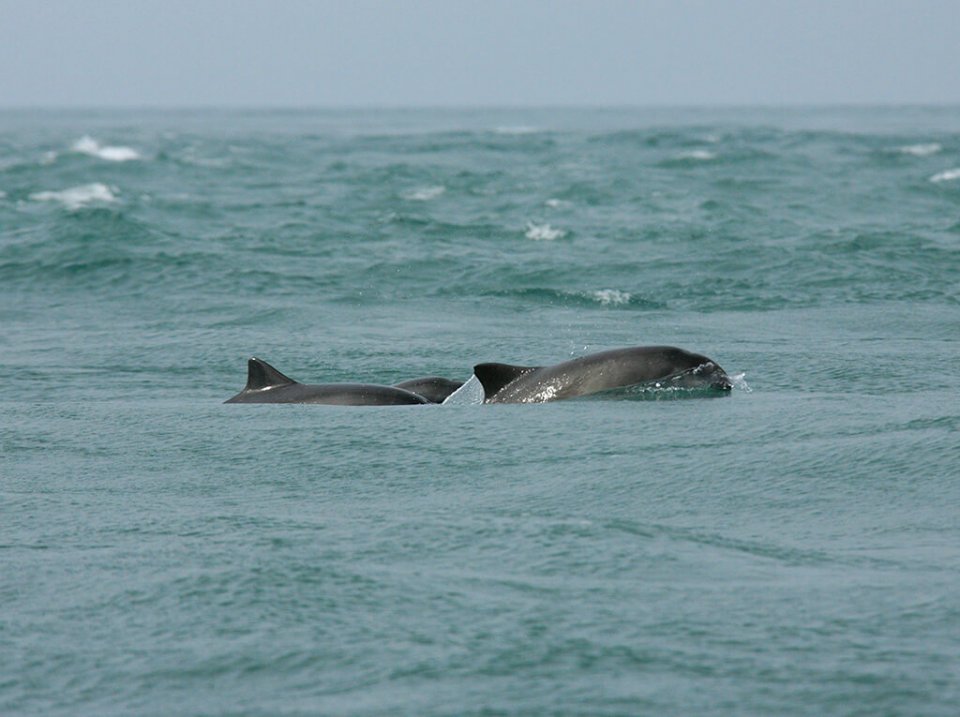
Sea Watch Foundation
Report your sighting of a dolphin, whale or porpoise to help monitor and better understand the numbers and locations: www.seawatchfoundation.org.uk/sightingsform/.
Whale and Dolphin Conservation (WDC)
Want to help better understand cetaceans (dolphins and whales) along the coast? Sign up as a volunteer for WDC by attending a WDC shorewatch training day where you can then conduct shorewatches from a local site. Visit the WDC website (www.wdcs.org/national_regions/scotland/shorewatch/contact.php) to find more about volunteering and reporting sightings or get in contact via email: shorewatch@whales.org.
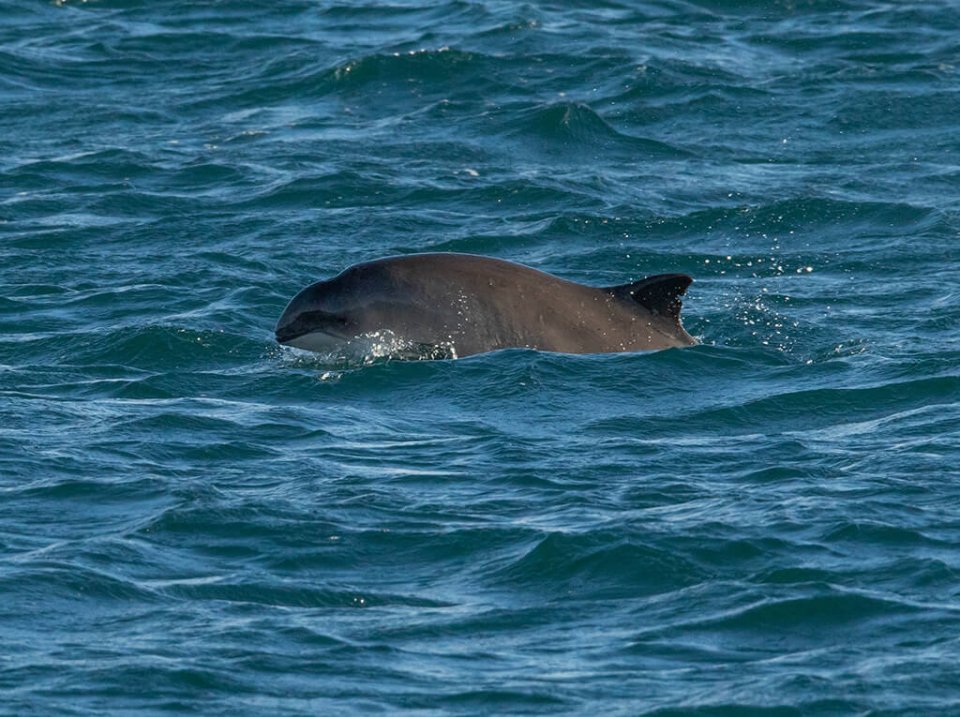
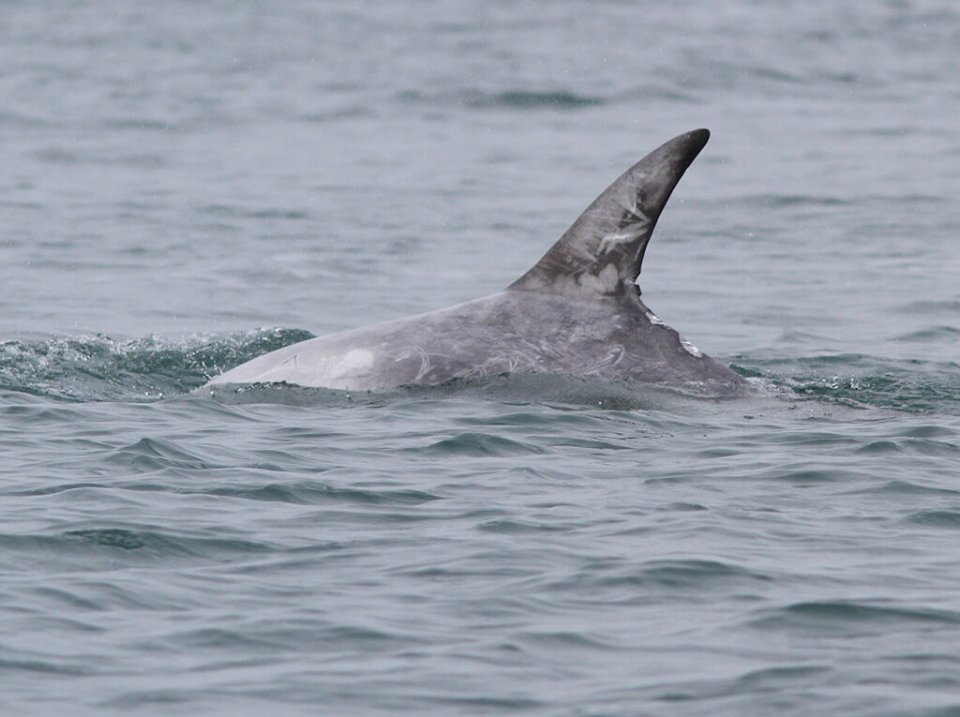
UK Cetacean Strandings Investigation Programme (CSIP)
If you come across a dead marine animal along the coast, get in contact with CSIP to report the strandings team. Depending on the location and condition the team also retrieves the animal for investigation at post-mortem to allow us to establish a cause of death. Report a stranding via phone by calling 0800 652 0333. For more information visit the website: www.ukstrandings.org/how-to-identify-a-stranding/.
British Divers Marine Life Rescue
For live strandings of a marine animal get in contact with British Divers Marine Life Rescue which are a charity that provide assistance to any aquatic (marine and freshwater) animal in need of help. To report a live stranding you can get in contact using the 24/7 phone line: 01825 765546 or submit a report through an online content application: www.bdmlr.org.uk/contact.
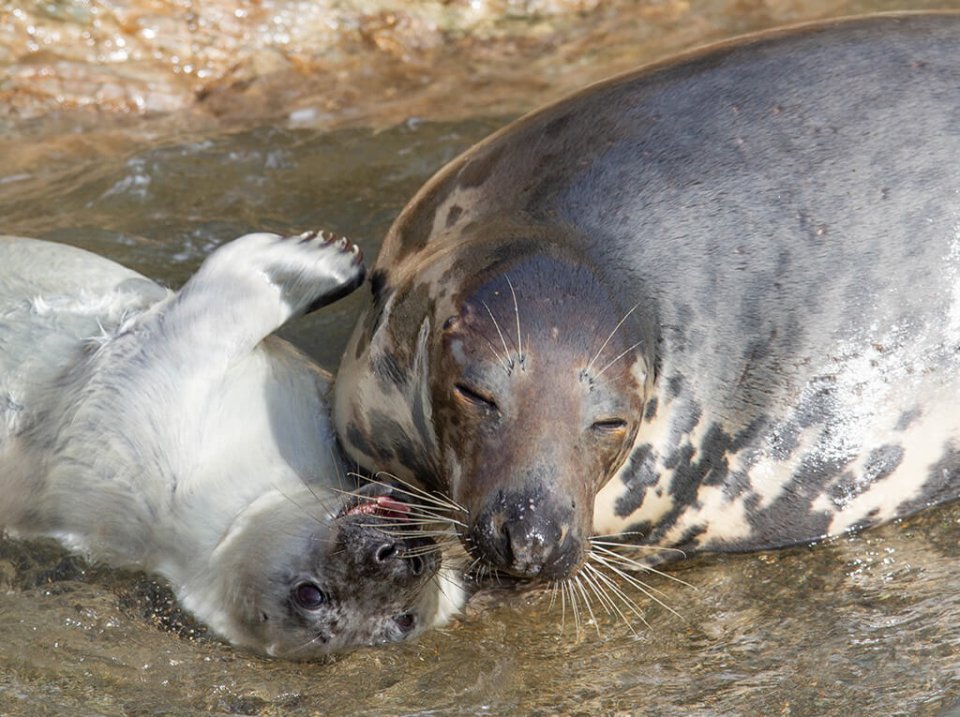
British Trust for Ornithology (BTO)
BirdTrack app Enjoy birdwatching and want to submit your exciting finds to help gather important data on bird species across Britain and Ireland? Record your sightings the BTO's BirdTrack app for Android and iPhone. For more on the BTO and BirdTrack visit: www.bto.org/our-science/projects/birdtrack/taking-part/birdtrack-apps.
North Wales Environmental Information Service (COFNOD)
Recording wildlife is important to gather important data for numerous species, COFNOD aims to create a centralised databased for numerous species and projects across all North Wales. To submit your species records visit: www.cofnod.org.uk/Recording.
